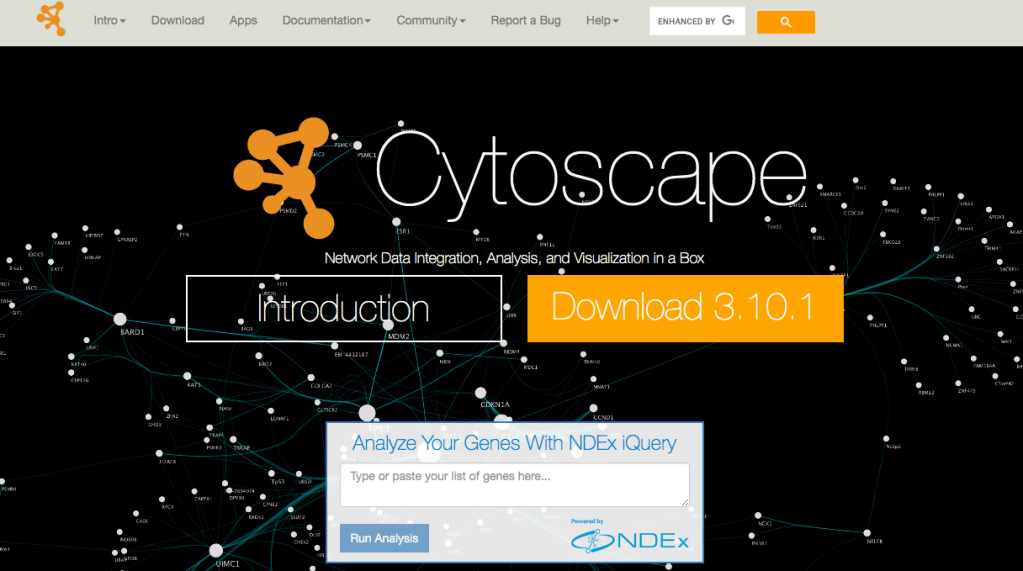Genealogy has experienced a resurgence in recent years, driven by technological advancements, increased access to historical records, and the rising popularity of DNA testing. In addition to traditional methods of tracing lineages through birth, marriage, and death records, genealogists are now utilizing innovative strategies and techniques to reveal hidden connections, solve ancestral mysteries, and gain deeper insights into their family’s past.
In this blog, we will explore ten unique strategies and techniques for advancing genealogical research in the modern age. From harnessing the power of DNA triangulation and crowdsourcing collaboration to incorporating historical context and conducting ethnographic research, each approach offers a distinct pathway to unlocking the secrets of our ancestors’ lives. Through a combination of traditional genealogical research methods and cutting-edge tools, genealogists can embark on a journey of discovery that transcends borders, spans generations, and enriches our understanding of who we are and where we come from. Join us as we delve into the fascinating world of genealogy and explore the diverse array of methods that continue to revolutionize the field.

What will these strategies teach you?
- Explore cutting-edge strategies in genealogical research.
- Unlock hidden connections and ancestral mysteries.
- Overcome research barriers and break through brick walls.
- Gain deeper insights into your family’s history and heritage.
- Harness the power of technology and collaboration to enrich your genealogical journey.

Genealogy, like many fields, evolves over time with new technologies and methodologies. Here are some unique strategies and techniques you can explore:
- DNA Triangulation: Utilize DNA matching services to identify common ancestors among genetic matches, helping to confirm relationships and break through brick walls in your research.
- Cluster Genealogy: Grouping individuals into clusters based on demographic or geographic similarities can reveal connections that might not be immediately obvious. Software tools like Genetic Affairs can assist in this process.
- One-Name Studies: Focus on researching everyone with a particular surname, regardless of their relationship to you. This can provide valuable insights into surname origins, distribution patterns, and potential distant relatives.
- Citizen Science Projects: Join genealogical citizen science projects that aim to crowdsource data collection and analysis. Projects like the Global Family Reunion and the DNA Land Matching Project offer opportunities to contribute to larger research efforts. If you plan on a get together or a family reunion you could check out Reunacy or MyEvent to plan the special occasion.
- Social Network Analysis: Apply social network analysis techniques to genealogical data to visualize and analyze complex family relationships. Software tools like Gephi or Cytoscape can help in this regard.
- Genetic Genealogy Education: Stay updated on advancements in genetic genealogy by attending workshops, webinars, and conferences. Understanding the latest methodologies and tools can significantly enhance your research capabilities.
- Incorporating Historical Context: Contextualize your ancestors’ lives within historical events and social conditions of their time. This can provide valuable insights into their motivations, movements, and relationships.
- Crowdsourcing and Collaboration: Engage with other genealogists through online forums, social media groups, or collaborative research projects. Sharing information and collaborating with others can lead to new discoveries and breakthroughs.
- Utilize Niche Records: Explore lesser-known or niche record collections specific to your ancestors’ locations or occupations. Examples include church records, military pension files, and probate records, which may contain valuable genealogical information.
- Ethnographic Research: Conduct ethnographic research to gain a deeper understanding of your ancestors’ cultural practices, traditions, and beliefs. This can provide context for interpreting historical records and family stories.

By incorporating these strategies and techniques into your genealogical research, you can uncover new insights and make meaningful connections within your family tree.
This blog post is an excerpt from an upcoming book “Unveiling Ancestral Threads – Innovative Strategies in Modern Genealogy” which will be released soon on Amazon.
This book is designed to help individuals interested in genealogy, regardless of their level of experience. It provides a comprehensive guide that encompasses a wide range of strategies and techniques, from basic genealogical research steps to advanced methodologies.

Beginners will find valuable information and guidance in the foundational chapters, such as “Building the Foundation: Steps in Basic Genealogy,” which cover essential concepts and techniques to kickstart their research journey. Intermediate genealogists will benefit from the more advanced strategies presented throughout the book, including DNA triangulation, niche record exploration, and ethnographic research.
Overall, “Unveiling Ancestral Threads” will serve as a resource for anyone seeking to deepen their understanding of genealogy and uncover the stories of their ancestors using innovative approaches and methodologies. Whether you’re just starting out or looking to expand your research toolkit, this book offers insights, tips, and practical advice to guide you on your genealogical journey.
Stay tuned for more updates…

